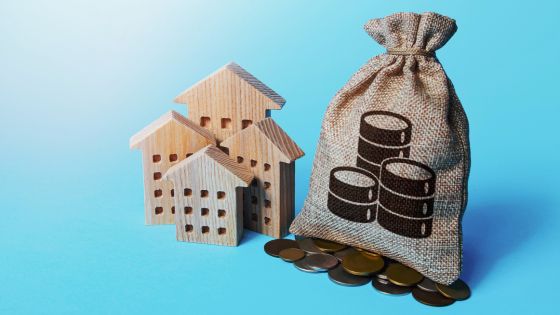Determining the rental value of a property is a nuanced process that involves various factors contributing to its market worth. Landlords, property managers, and tenants alike must understand these factors to make informed decisions. This article looks at what goes into deciding rent prices.
Location
Arguably the most critical factor in determining rental value is the property’s location. Closeness to essential amenities such as schools, hospitals, public transportation, and shopping centers significantly impacts the desirability of a property. The neighborhood’s safety, accessibility, and overall ambiance play a pivotal role. Properties in prime locations often command higher rental values due to the convenience and lifestyle they offer.
Layout and Size of Property
A property’s size and layout have a big influence on its rental value. Larger properties with more bedrooms, bathrooms, and living spaces generally command higher rents. However, the layout also matters; a well-designed property that optimizes space and functionality is likely to attract more tenants, contributing positively to its rental value.
Property Condition
The condition of the property is a vital factor. Well-maintained properties with modern amenities and up-to-date fixtures tend to have higher rental values. Regular maintenance, fresh paint, and modern appliances boost the property’s appeal, which makes it more attractive to potential tenants.
Market Demand
Supply and demand is a fundamental economic principle that has a big impact on rental values. In areas where there is high demand for rental properties but limited supply, rental values tend to be higher. Factors such as job opportunities, population growth, and local economic conditions contribute to market demand, impacting the rental value of properties.
Economic Factors
Local and national economic conditions also play a role in determining rental values. In times of economic growth, people may be more willing to spend on housing, leading to increased rental values. Conversely, during economic downturns, individuals may be more budget-conscious, impacting the demand for rental properties and subsequently affecting their values. To ensure your rental price is reflective of the market, look into getting house valuations done.
Comparable Rental Rates
Analyzing comparable rental rates in the area is crucial for landlords and property managers. Knowing what similar properties are renting for allows them to set competitive and realistic rental values. Factors such as property size, location, and amenities must be taken into account when comparing rental rates to ensure an accurate assessment.
Amenities and Features
Properties offering unique amenities and features often stand out in the rental market. Features such as a swimming pool, gym, parking space, or a well-landscaped garden can increase a property’s rental value. Tenants are willing to pay more for added conveniences and lifestyle enhancements.
Government Regulations
Local regulations and rent control laws can impact the rental value of a property. Landlords must be aware of any rent control measures in place, as they can limit the amount by which rents can be increased. Compliance with these regulations is crucial to avoid legal issues and maintain a positive landlord-tenant relationship.
Determining the rental value of a property involves considering a myriad of factors, each contributing to its overall market worth. By understanding these factors, both landlords and tenants can make informed decisions in the dynamic and ever-evolving rental market.




















